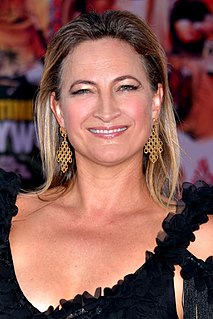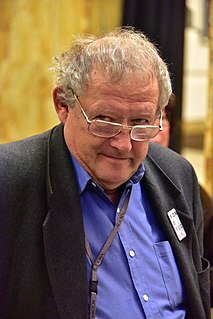A Quote by Jerry Pournelle
In any ethical situation, the thing you want least to do is probably the right action.
Related Quotes
Listen, Harriet. I do unterstand. I know you don't want either to give or to take ... You don't want ever again to have to depend for happiness on another person." "That's true. That's the truest thing you ever said." "All right. I can respect that. Only you've got to play the game. Don't force an emotional situation and then blame me for it." "But I don't want any situation. I want to be left in peace.
Here is my challenge. Name one ethical statement made, or one ethical action performed, by a believer that could not have been uttered or done by a nonbeliever. And here is my second challenge. Can any reader think of a wicked statement made, or an evil action performed, precisely because of religious faith? The second question is easy to answer, is it not? The first - I have been asking it for some time - awaits a convincing reply. By what right, then, do the faithful assume this irritating mantle of righteousness? They have as much to apologize for as to explain.
It's the action, not the fruit of the action, that's important. You have to do the right thing. It may not be in your power, may not be in your time, that there'll be any fruit. But that doesn't mean you stop doing the right thing. You may never know what results come from your action. But if you do nothing, there will be no result.
"My #1 guiding principle for a successful life (learned from J Brad Britton): "Do the right thing; not the easy thing." Everyday, you are constantly faced with choices to do either the right thing (any activity that moves you closer to where and who you want to be) or the easy thing (anything else). In every moment of choice, choose to do the right thing over the easy thing, and your becoming successful is inevitable.
I think making a great action movie is one of the hardest cinematic endeavors. By definition, smart characters avoid action. Smart people don't go down dark alleys, but if you're making an action movie and you want to have an action sequence, somehow you have to get that character into that dangerous situation.
































